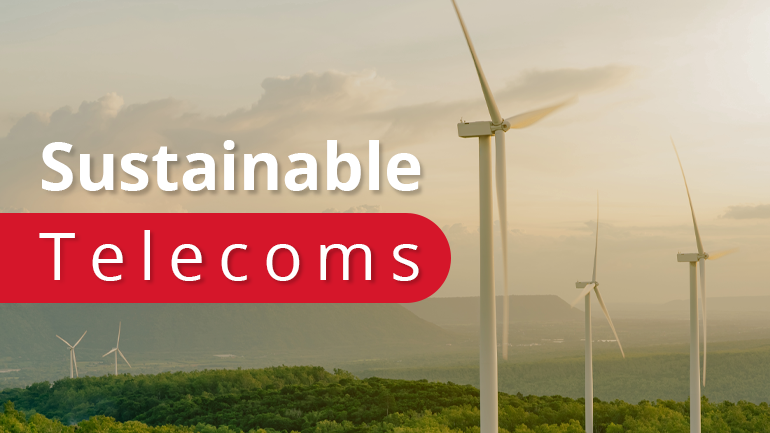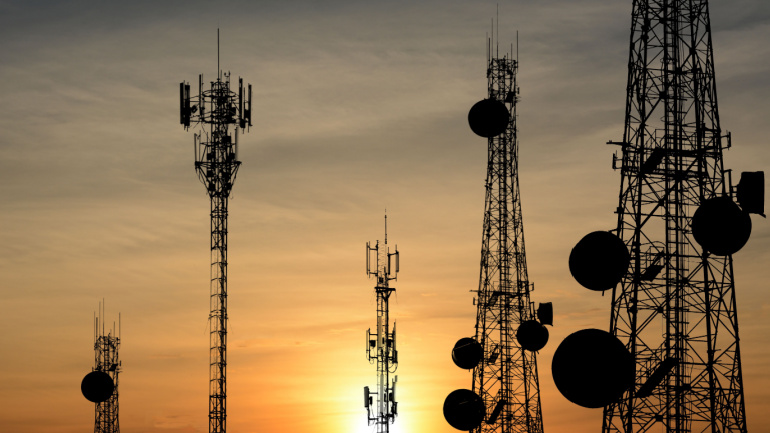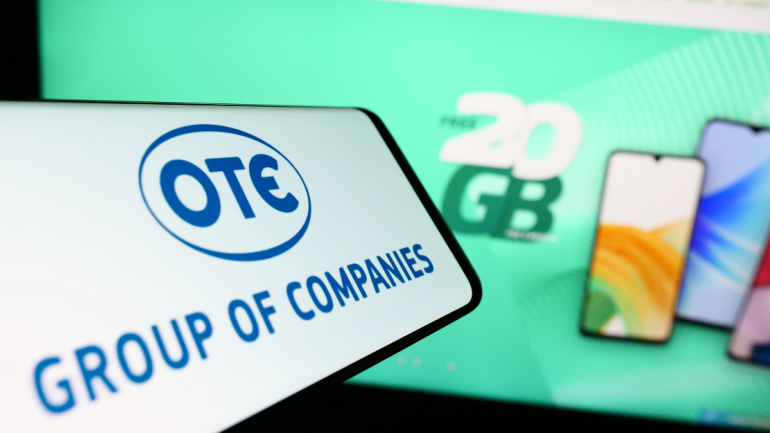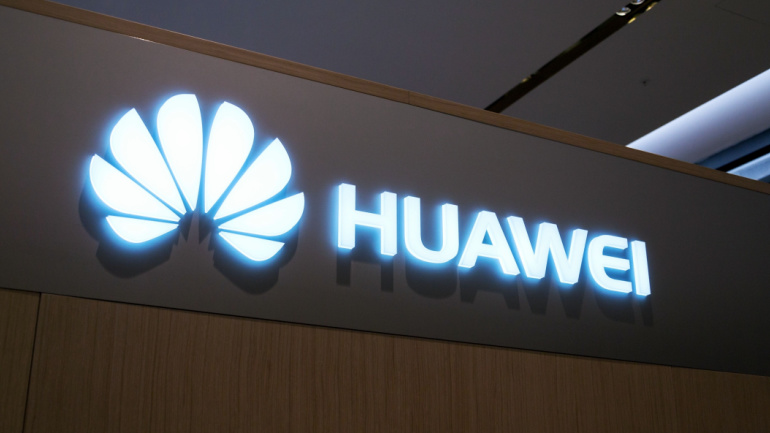Vodafone’s potential sale of its Italian operations to Fastweb amid TIM’s anticipated network sales sets the scene for a transforming Italian telecom landscape. Amid these changes, Fastweb’s potential merger or acquisition of Vodafone appears rational due to current market dynamics. Nonetheless, political wrangling, rival suitors, and ever-changing regulatory landscapes act as potential roadblocks to this merging of forces. The news underlines the need for strategic shifts amongst Italy’s leading telecom operators amidst significant changes.
Switching to a cloud-based VoIP system has the potential to cut CO2 emissions from telephony equivalent to removing 22 million cars from the road. In an era prioritizing sustainability, traditional landlines contribute to significant carbon footprints and electronic waste. VoIP, utilizing the internet’s power, eliminates physical infrastructure, reduces electronic waste, and operates efficiently. Beyond resource conservation, VoIP’s energy efficiency, support for remote work, and future innovations, including AI optimization and renewable energy sources, position it as a sustainable solution. Join the movement for a cleaner world with every VoIP-powered conversation—a pledge to the planet.
Distinguished selections, momentous awards, and unprecedented telecom innovations marked the recent proceedings. Notably, Telia Company’s Global IoT Connectivity solution won the B2B Service of the Year, while PT Telekomunikasi Selular took laurels in the Digital Transformation Programme category.
The GSMA annual report depicts a thriving European mobile industry, contributing over €910 billion to the economy in 2022 with projections to hit the €1 trillion mark by 2030. Despite impressive mobile coverage across Europe, certain challenges persist. The report suggests mobile operators need to make sustained investments in networks to meet global competition, and regulatory reform is crucial. Yet, some caution that this could lead to higher prices and no increase in investment, exemplified by the US situation.
Greek telecommunications heavyweight OTE appears to be changing course, with whispers abuzz of pivotal shifts in its future business plans. The rumored centerpiece is the potential sale of its Romanian mobile operations, Telekom Romania Mobile, to Quantum Projects Group. This points towards a strategic refocusing on OTE’s extensive Greek operations, signaling a departure from the international stage.
In a strategic move to meet the escalating demands of the 5G era and burgeoning broadband connectivity in India, Nokia has joined forces with Bharti Airtel for a significant overhaul of the optical network infrastructure. The project aims to deliver ‘massive capacity,’ enhanced reliability, and cost efficiency for enterprises, operators, and hyperscalers in the region.
The 2023 Asian Games offered a glimpse into the future of event tech, from eSports to AI-driven systems. Among the innovations, a standout was ‘RADICAL’, an intelligent digital solution by Huawei and China Mobile Zhejiang, designed to manage intense 5G traffic, ensuring an exceptional experience for attendees.
IDC predicts a promising future for the semiconductor industry, driven by AI advancements and a stock level recovery. With a refreshed outlook signaling sustainable growth, the firm anticipates global chip revenue of $526.5 billion in 2023. Progress can be seen in the revised revenue forecast for 2024, hinting at a 20.2% year-on-year growth to $633 billion.
In the face of declining shares, Vodafone’s bold recovery strategy is underway. The shift from a net profit to a loss has been attributed to several factors including missing operations, adverse foreign exchange movements, and losses from joint ventures. Nonetheless, CEO Margherita Della Valle is leading a restoration plan that includes improving customer service and expanding Vodafone Business.
As the year draws to a close, the Radio and Internet Services Department (RDI) is inching closer to launching private local spectrum licenses for enterprise clients. Set to equip them with the 3.5GHz spectrum and power the assembly of private 5G networks, this promises to transform sectors such as Virtual Reality and autonomous vehicles. However, some concerns have borne by airports and ports on fair allocation.













